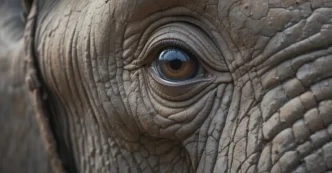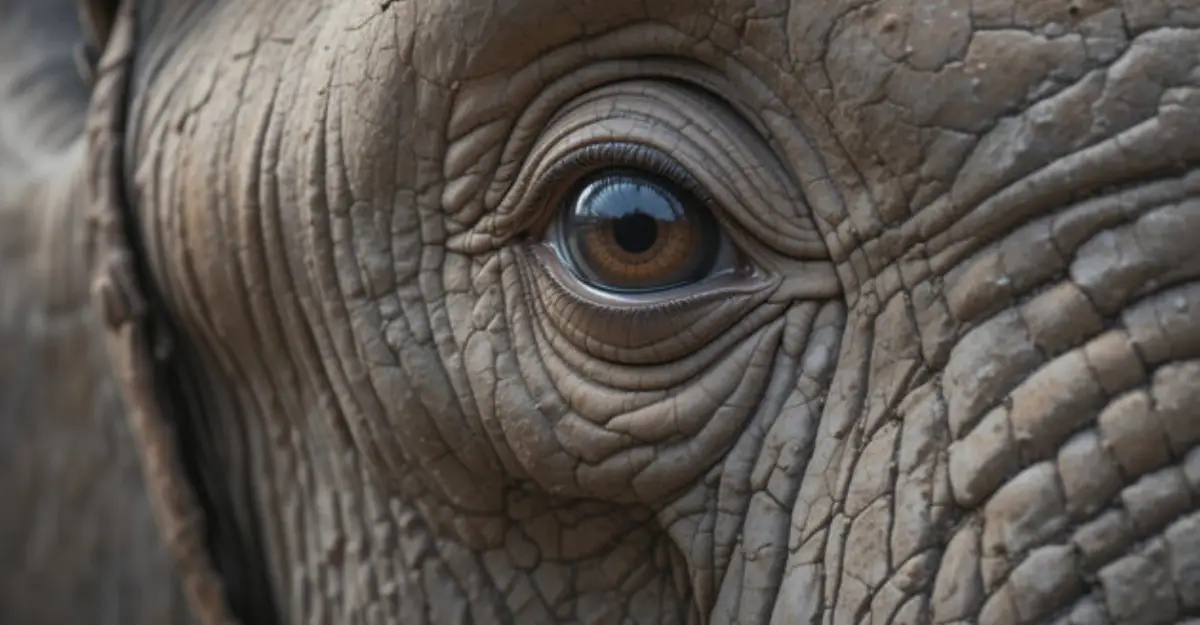In a heartfelt appeal, Sabah’s Tourism, Culture and Environment Minister, Datuk Seri Christina Liew, has called on villagers in Tawau to provide information about the recent brutal killings of Borneo pygmy elephants, describing the acts as “murder” and urging that such cruelty must not go unpunished. Speaking at the launch of the Asean Travel Exchange (ATEX) 2025 in Kota Kinabalu on June 19, Liew expressed deep frustration over the lack of progress in identifying the perpetrators behind a series of gruesome incidents reported earlier this year.
A String of Brutal Killings
Between January and April 2025, at least three cases of beheaded Borneo pygmy elephants were reported in the Tawau region of Sabah, a state in East Malaysia known for its rich biodiversity. The killings have shocked conservationists and local authorities alike, with the latest incident rendered particularly challenging to investigate due to the advanced decomposition of the elephant’s carcass, which prevented a post-mortem examination. Despite ongoing efforts by the Wildlife Department and collaboration with village heads and district police, no solid evidence has emerged to pinpoint those responsible.
Liew, visibly emotional during her address to reporters, emphasized the gravity of the situation. “Killing an elephant is murder. We absolutely cannot allow this to happen again” she said. Her use of such strong language underscores the urgency felt by authorities to protect one of Sabah’s most iconic and endangered species. The Borneo pygmy elephant, unique to the region, is a fully protected species under state law, with an estimated population of just 1,500. Convictions for harming or killing these animals carry severe penalties, including fines of up to RM250,000 (US$52,500) and a five-year jail term.
Community Silence and a Call for Courage
One of the most significant hurdles in the investigation has been the reluctance of local communities to come forward with information. Despite a RM10,000 (US$2,100) reward offered by the government, no one has yet claimed it or provided actionable leads. Liew suspects that villagers in the kampung (village) areas near Tawau may hold critical insights but are hesitant to speak out, possibly due to fear of repercussions. “I suspect the kampung people know more, but they are very hesitant to say anything. Still, I am hopeful” she told reporters.
To break this wall of silence, the minister has instructed the Wildlife Department to intensify efforts alongside local police and community leaders. She also hinted at the possibility of increasing the reward amount to encourage witnesses, stating, “Let’s negotiate on that” when asked about potential adjustments. Her approach reflects a balance of determination and sensitivity to the dynamics of rural communities, where trust and safety concerns often outweigh financial incentives.
Ruling Out Organized Crime
Speculation about the involvement of an organized syndicate in the killings has been dismissed by Liew. Unlike poaching incidents elsewhere, where elephant tusks or organs are often harvested for illegal trade, the perpetrators in these cases took nothing of apparent value. “They did not take anything valuable, not the tusks, not the organs. They just cruelly chopped off the elephant’s head. Very cruel” she said. This unusual brutality has left authorities and conservationists puzzled about the motives behind the acts, with no clear evidence pointing to financial gain or trafficking networks.
Instead, the killings may stem from local conflicts or retaliatory actions, though no concrete theory has been confirmed. Human-elephant conflict is a known issue in parts of Sabah, where expanding agricultural activities, particularly palm oil plantations, often encroach on elephant habitats, leading to tensions with local farmers. However, without witness testimonies or forensic evidence, such possibilities remain speculative.
A Personal Passion for Animal Welfare
Liew’s emotional response to the killings is not just a reflection of her ministerial duties but also a personal commitment to animal welfare. “I get very upset when these things happen … I am an animal lover myself, and I cannot bear to see this kind of cruelty” she admitted. Her candidness resonates with many in Sabah and beyond who view the Borneo pygmy elephant as a symbol of the region’s natural heritage. The minister’s plea is as much a call to action as it is a personal lament for the loss of these gentle giants.
Her leadership on this issue also highlights the broader challenges faced by conservation efforts in Sabah, where tourism—a significant economic driver—relies heavily on the state’s reputation as a haven for unique wildlife. The Borneo pygmy elephant, smaller than its African and Asian counterparts, draws visitors from around the world to sanctuaries like the Kuala Gandah Elephant Conservation Centre, though it lies outside Sabah in Peninsular Malaysia. Protecting these animals is not just an environmental imperative but also an economic one.
The Broader Context of Conservation in Sabah
The plight of the Borneo pygmy elephant is emblematic of the larger struggle to balance development and conservation in Sabah. With only about 1,500 individuals remaining in the wild, the species faces multiple threats, including habitat loss due to deforestation and agricultural expansion. The state government has made strides in recent years to establish protected corridors and sanctuaries, but enforcement remains a challenge in remote areas like Tawau, where monitoring vast tracts of forest is logistically difficult.
Moreover, the legal framework, while stringent on paper, often struggles to translate into convictions without sufficient evidence or community cooperation. The penalties of RM250,000 (US$52,500) and five years in jail are significant deterrents, but only if perpetrators are identified and prosecuted. Liew’s public appeal aims to bridge this gap by fostering a sense of shared responsibility among Sabah’s residents to safeguard their natural heritage.
Conservation groups have also weighed in, urging greater investment in wildlife protection and community engagement programs. Initiatives that provide alternative livelihoods for villagers near elephant habitats could reduce conflict and incentivize conservation, though funding and implementation remain ongoing challenges. The killings in Tawau serve as a stark reminder of the fragility of these efforts and the urgent need for collective action.
A Hopeful Yet Uncertain Future
As investigations continue, Liew remains cautiously optimistic that no further incidents will occur. “There have been no new incidents like this recently, and I truly hope it stays that way” she said. Her words carry a weight of both hope and warning, signaling that the government will not rest until justice is served for the fallen elephants.
For now, the fate of the Borneo pygmy elephant hangs in a delicate balance, dependent on the courage of a community to speak out and the resolve of authorities to protect one of nature’s most endearing creatures. As Sabah grapples with this tragedy, the broader question looms: can humanity find a way to coexist with the wild, or will silence and cruelty continue to claim irreplaceable lives?
















